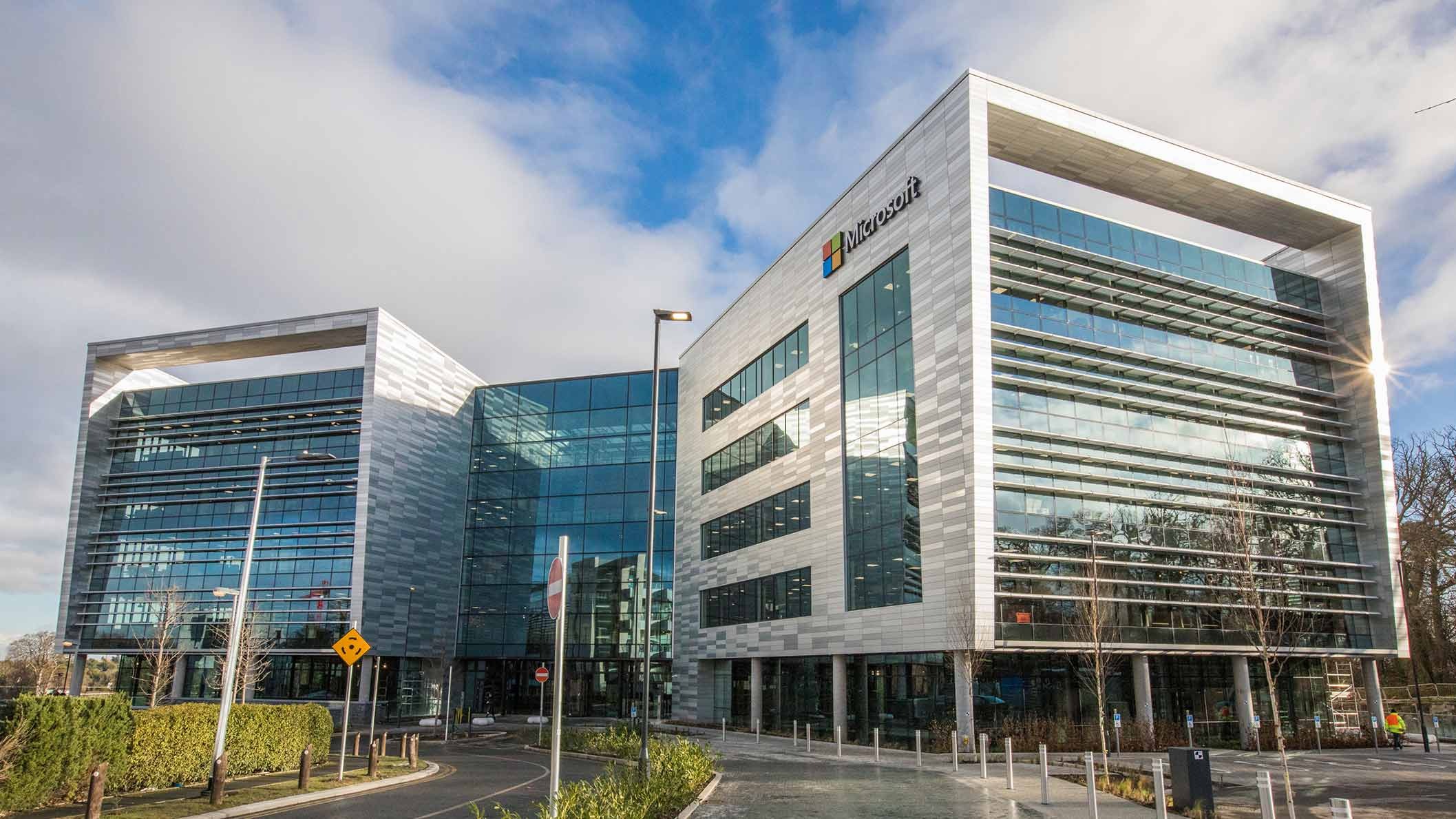Microsoft has committed to providing “digital stability” through a time of geopolitical volatility, with the company announcing plans to boost European data centre capacity by 40 per cent over the next two years.
As part of several new digital commitments in Europe, the tech giant plans to expand data centre operations in 16 European countries.
The company will also build an “AI and cloud ecosystem” in Europe, in a bid to uphold the continent’s digital resilience, protecting the privacy of European data, defending Europe’s cybersecurity and strengthening Europe’s economic competitiveness.
The move will more than double Microsoft’s data centre capacity between 2023 and 2027, resulting in cloud operations in over 200 data centres across the continent.
As part of the commitment, Microsoft said it will appoint a deputy chief information security officer (CISO) for Europe as part of the Microsoft Cybersecurity Governance Council.
The new hire, who has yet to be appointed, will focus on Microsoft’s security responsibilities in Europe.
The company said the new role reflects the importance and global influence of EU cybersecurity regulations.
The Deputy CISO for Europe will be accountable for compliance with current and emerging cybersecurity regulations in Europe, including the Digital Operational Resilience Act (DORA), the NIS 2 Directive, and the Cyber Resilience Act (CRA).
“As a multinational company, we believe in trans-Atlantic ties that promote mutual economic growth and prosperity,” the company said in a blog post. “We were pleased the Trump administration and the European Union recently agreed to suspend further tariff escalation while they seek to negotiate a reciprocal trade agreement.
“We hope that successful talks can resolve tariff issues and reduce non-tariff barriers, consistent with the recommendations in the recent Draghi report.”
Latest News
-
MedTech data should represent entire population when training AI, says Department of Health director
-
ICO launches investigation into X’s Grok after reports of harmful sexualised imagery
-
OpenAI seeks chip alternatives as Nvidia's $100bn investment stalls over performance concerns
-
SpaceX acquires xAI in $1.25tn merger ahead of planned stock market flotation
-
Starling Bank turns to software sales to fuel US expansion
-
Snapchat bans 415,000 under-16 accounts in Australia
The future-ready CFO: Driving strategic growth and innovation
This National Technology News webinar sponsored by Sage will explore how CFOs can leverage their unique blend of financial acumen, technological savvy, and strategic mindset to foster cross-functional collaboration and shape overall company direction. Attendees will gain insights into breaking down operational silos, aligning goals across departments like IT, operations, HR, and marketing, and utilising technology to enable real-time data sharing and visibility.
The corporate roadmap to payment excellence: Keeping pace with emerging trends to maximise growth opportunities
In today's rapidly evolving finance and accounting landscape, one of the biggest challenges organisations face is attracting and retaining top talent. As automation and AI revolutionise the profession, finance teams require new skillsets centred on analysis, collaboration, and strategic thinking to drive sustainable competitive advantage.
© 2019 Perspective Publishing Privacy & Cookies





.jpg)




Recent Stories